Featured Post
Converting Futons into Beds: A Space-Saving Solution
Converting futons into beds is a smart way to make the most of your space. This simple process turns one piece of furniture into two uses: a cozy couch by day and a comfy bed by night. In this guide, we’ll walk you through the steps and share tips from real experience.
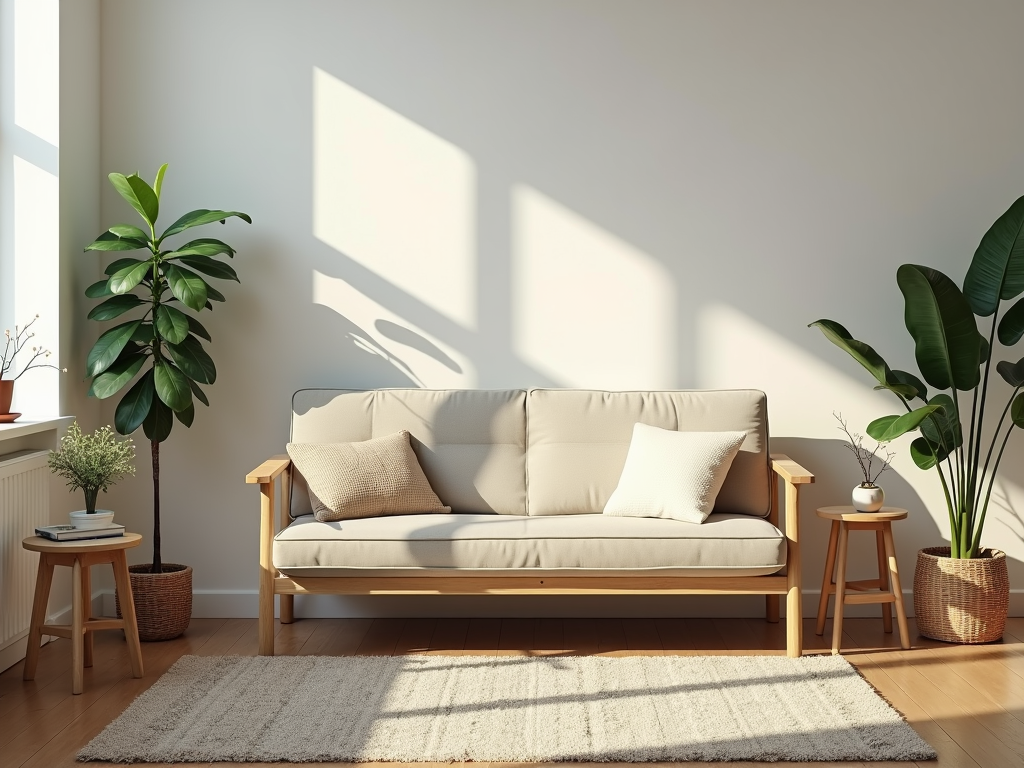
When I moved into my first apartment, space was tight. I couldn’t fit a couch and a bed, so I bought a futon. It was a game-changer. During the day, it sat in my living room as a couch. At night, I’d convert it into a bed. It saved me money and kept my place clutter-free.
So, how do you convert a futon into a bed? It’s easier than you think. Here’s a step-by-step breakdown:
- Clear the futon. Take off any pillows or blankets.
- Find the adjustment. Look for a lever or button on the frame—usually on the side or back.
- Release the frame. Pull the lever or push the button to unlock it.
- Lower the back. Gently push the backrest down until it’s flat.
- Check alignment. Make sure the frame is even—sleeping on a crooked bed is no fun!
- Add bedding. Toss on sheets, pillows, and a blanket, and you’re set.
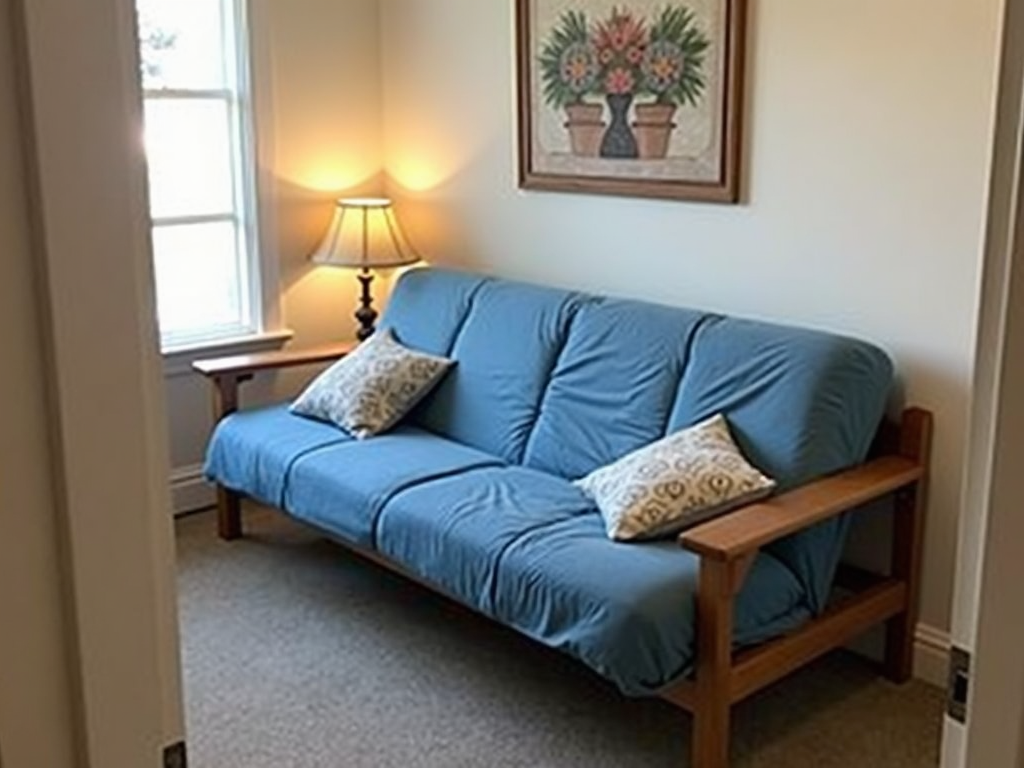
Not all futons are the same, though. I learned that the hard way. My first futon had a thin mattress, and I felt every bar underneath. After a few rough nights, I added a mattress topper. It made a huge difference. If you’re picking out a futon, test the mattress thickness before you buy.
Here are some tips to make your futon bed feel amazing:
- Get a topper. A foam or feather topper adds extra softness.
- Use good sheets. Soft, breathable sheets turn a basic futon into a cozy retreat.
- Add pillows. A couple of throw pillows can support your back or neck.
- Keep it level. Place the futon on flat ground so it doesn’t wobble.
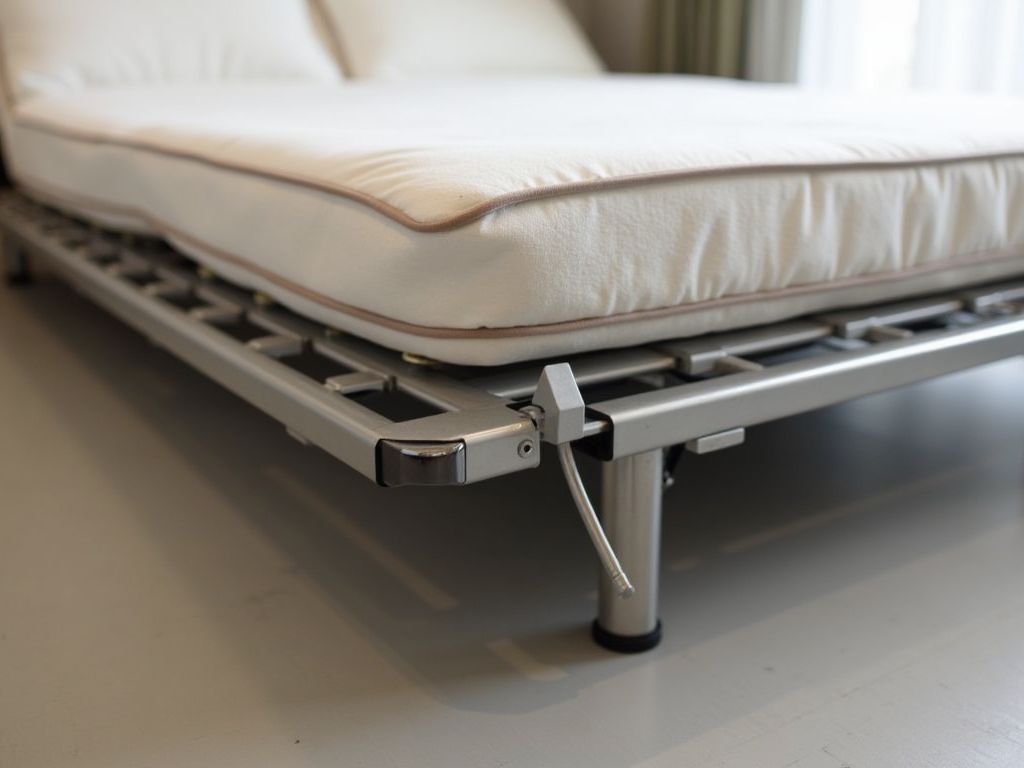
One thing I didn’t expect was how much the frame matters. A sturdy frame lasts longer and feels better. Check the weight limit too. My futon was rated for 300 pounds, which worked for me and a guest. If you’re taller or heavier, look for a higher capacity.
Maintenance is key to keeping your futon in good shape. Every few months, I’d grab a screwdriver and tighten any loose screws. Once, I found a bent bar under the mattress. Fixing it early saved me from buying a new futon. Regular checks keep it safe and comfy.
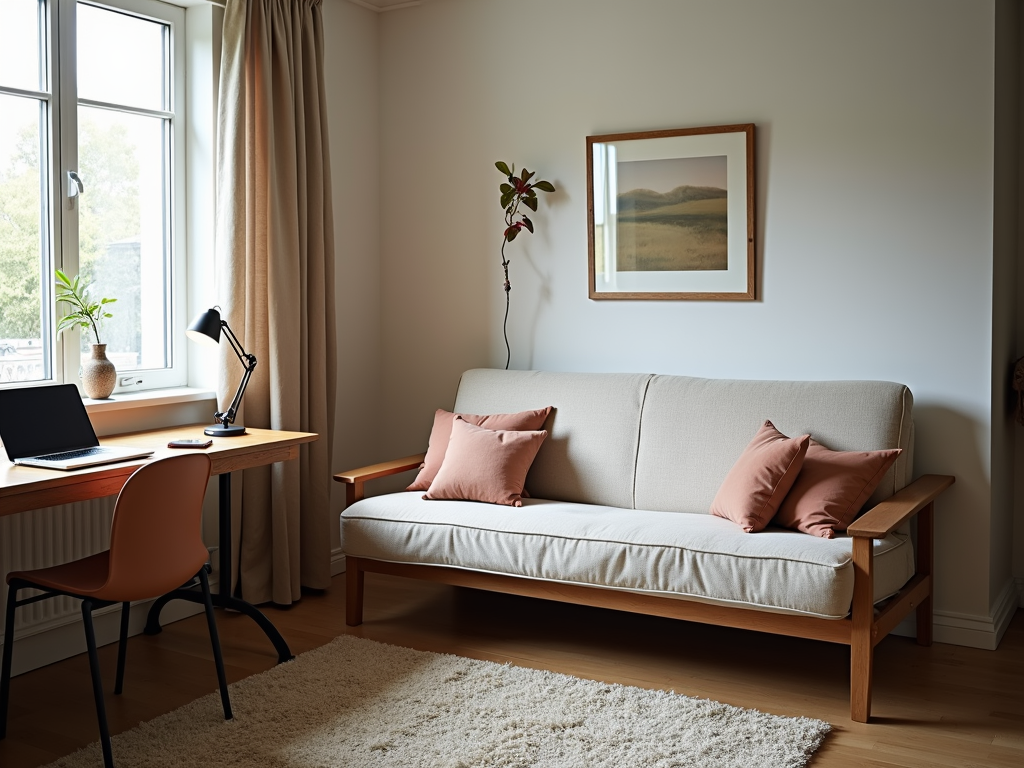
Futons aren’t just for tiny apartments. They’re great for guest rooms or home offices too. Last year, I set one up in my office. Friends crashed there when they visited, and it didn’t take up much room. It’s furniture that pulls double duty without crowding your space.
Let’s talk comfort upgrades. A futon can feel basic, but small tweaks help. I added a thick comforter and swapped the thin pillows for plush ones. Suddenly, it wasn’t just a backup bed—it was a spot I looked forward to sleeping on. Little changes go a long way.

If you’re new to futons, start simple. Pick one with a solid frame and a decent mattress. Don’t overthink it—just make sure it fits your space. I spent weeks researching mine, but in the end, the basics mattered most: durability and comfort.
Here’s a quick comparison of futon types:
| Type | Pros | Cons |
|---|---|---|
| Metal Frame | Lightweight, affordable | Less durable, noisy |
| Wood Frame | Sturdy, stylish | Heavier, pricier |
| Thick Mattress | Super comfy | Bulky, harder to fold |
| Thin Mattress | Easy to convert | Less cushioning |
Choose based on your needs—comfort or convenience.
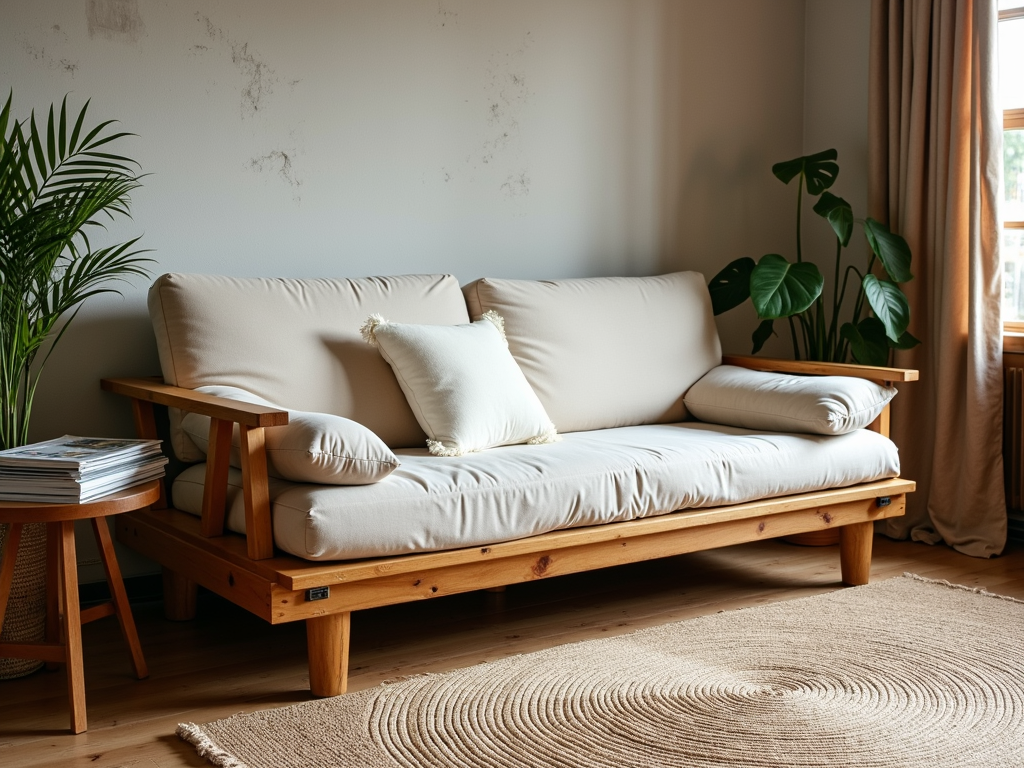
Converting futons into beds isn’t tricky, but practice helps. The first few times I did it, I fumbled with the lever. Now, it takes me less than a minute. You’ll get the hang of it fast, and soon it’ll feel like second nature.
In the end, converting a futon into a bed is a practical fix for small spaces or tight budgets. It’s furniture that adapts to your life. With a few tweaks, it’s not just functional—it’s a cozy part of your home. Ready to try it? You won’t regret it.









